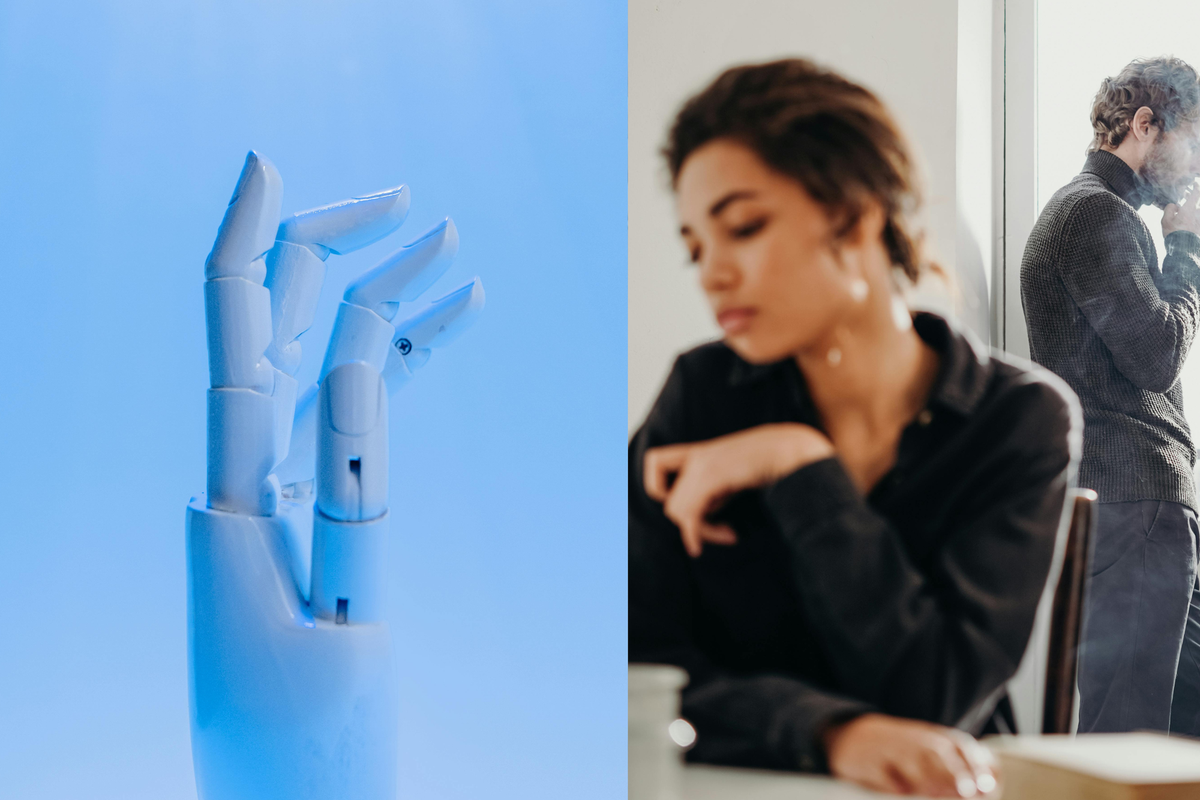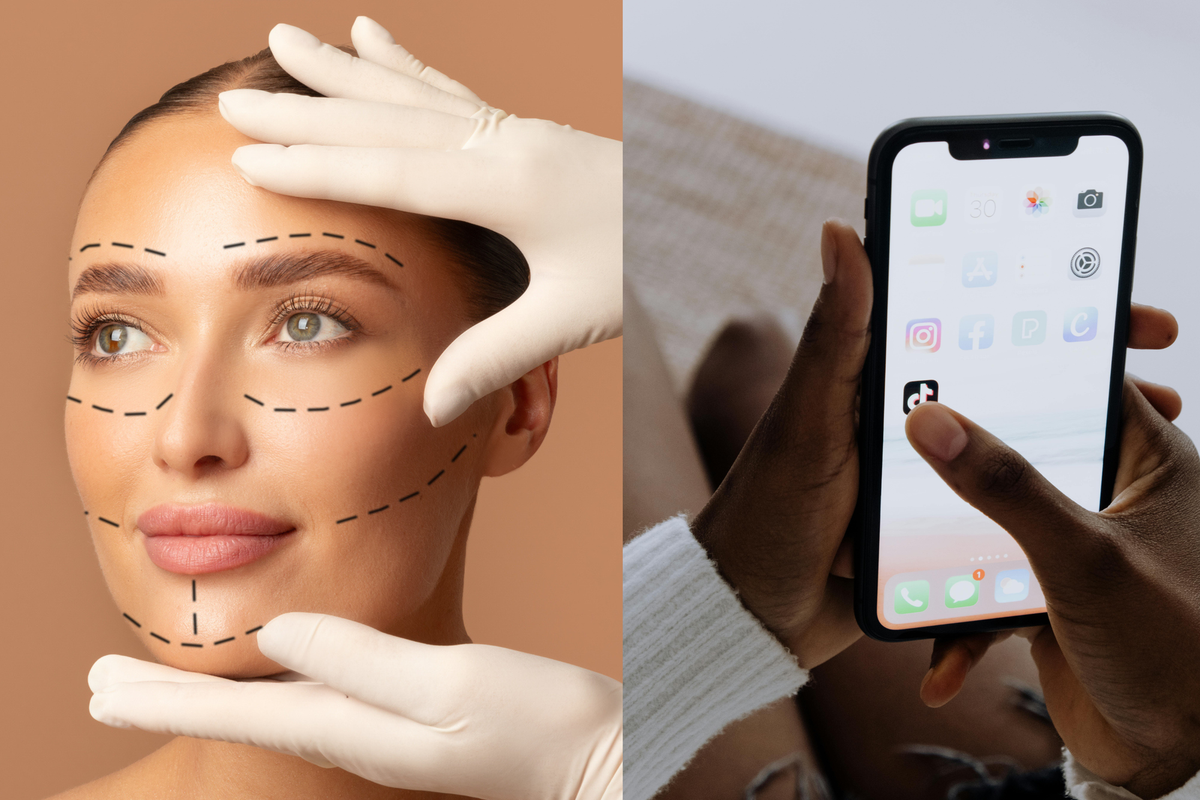News
Joe Vesey-Byrne
Jul 13, 2016

Picture: nensuria/iStock
A new study says that, when blindfolded, people who are more anxious and inhibited will walk in a different direction to more confident people with fewer inhibitions.
If you're more anxious, you'll probably veer off to the left.
In an experiment published in Cognition, scientists from the Universities of Kent, Cambridge, and Manchester blindfolded 78 participants and asked them to walk six metres in a straight line towards a target. They each repeated this task 20 times, each time being returned to their starting point and shown the target before once again being blindfolded.
The results revealed a difference between those who were more anxious and inhibited and those who were more confident. Participants who were more confident veered to the right when trying to reach the target, compared to those who were more anxious who veered to the left.
This is to do with left versus right brain activity. Those who veered left - the more anxious guinea pigs - experienced a higher degree of right brain activity, and vice-versa. This is related to the approach and avoidance mechanisms in the brain, which correlate to the left/right split.
The study by Mario Weick, John A Allen, Milica Vasiljevic and Bo Yao refers to this as the "contribution of behavioural approach and inhibition to lateral spatial bias". If you're more willing to approach situations and people, that means you probably use the left side of your brain more, and if try to avoid situations and people you will use the right side.
Previous studies have shown similar spatial bias in humans. A heightened state of alertness biases attention to the left, whereas a reduced state of alertness biases attention to the right. This manifests itself in a difference between people who live in cities have a much stronger left spatial bias compared to people who live in rural areas.
More: If you have a penis stop drinking fizzy drinks right now
More: Christians have finally hit on a way to convert millennials
Top 100
The Conversation (0)













